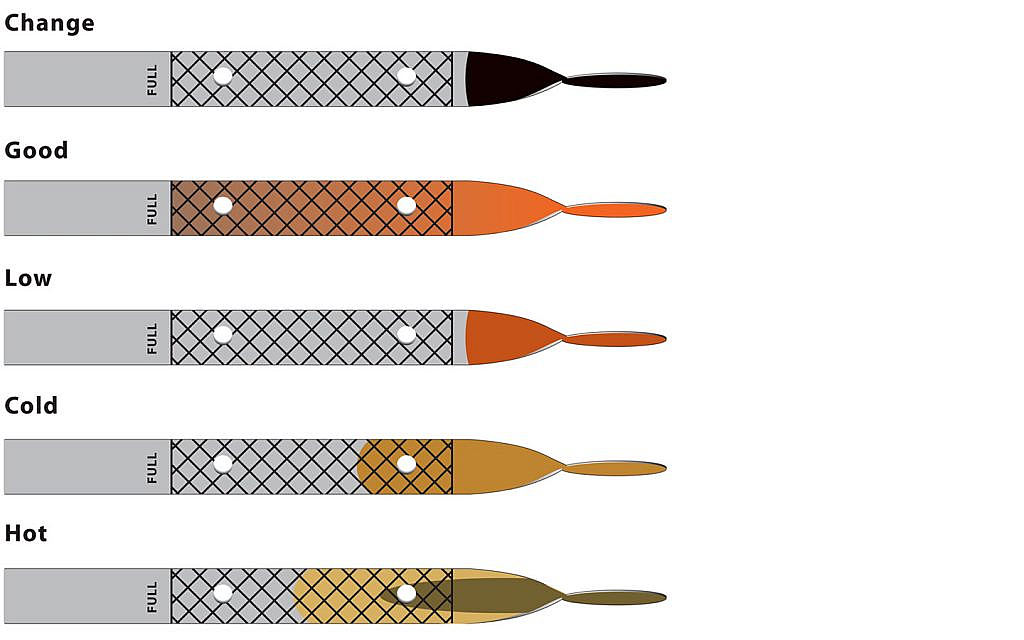1. What is the recommended oil viscosity for my vehicle?
– The recommended oil viscosity depends on various factors, including the engine design, operating conditions, and climate. Consult your vehicle’s owner’s manual or check with the manufacturer to determine the correct viscosity, such as 5W-30 or 10W-40, that suits your vehicle.

2. How often should I change my engine oil?
– The frequency of oil changes varies based on factors like the type of oil used, driving conditions, and the vehicle’s age. As a general guideline, most vehicles benefit from an oil change every 5,000 to 7,500 miles or every six months, but always refer to your vehicle’s manual for specific recommendations.
3. Can I switch between different oil brands or types?
– It is generally safe to switch between different reputable oil brands or types as long as you choose a product that meets the manufacturer’s specifications for your vehicle. Ensure that the new oil maintains the required viscosity and certifications recommended by the vehicle’s manufacturer.

4. How do I check my engine oil level?
– To check your engine oil level, park the vehicle on level ground, turn off the engine, and wait a few minutes for the oil to settle. Locate the dipstick, usually labeled “Engine Oil,” remove it, wipe it clean, reinsert it fully, and then remove it again to check the oil level. The dipstick will have markers indicating the acceptable oil range. Add oil if the level is below the recommended range.
5. What does “API” or “ACEA” on the oil container mean?
– “API” stands for the American Petroleum Institute, which sets standards for oil performance and quality. The API service symbol on the oil container indicates that the oil meets or exceeds the specific requirements for a particular vehicle type or engine. Similarly, “ACEA” refers to the European Automobile Manufacturers Association, which establishes performance standards for lubricants used in European vehicles.
6. Can I use synthetic oil in my vehicle?
– In most cases, yes, you can use synthetic oil in your vehicle. Synthetic oils offer improved lubrication, better resistance to breakdown, and enhanced protection under extreme temperatures. However, always refer to your vehicle’s manual to ensure that using synthetic oil is recommended for your specific engine.
7. Should I consider using high-mileage oil for my older vehicle?
– High-mileage oils are formulated with additives to address common issues in older engines, such as leaks and increased oil consumption. If your vehicle has significant mileage or shows signs of aging, using a high-mileage oil may provide additional benefits and help maintain engine performance.
Remember, it’s essential to consult your vehicle’s manual and follow the manufacturer’s recommendations for engine oil selection, change intervals, and other maintenance guidelines specific to your vehicle.


